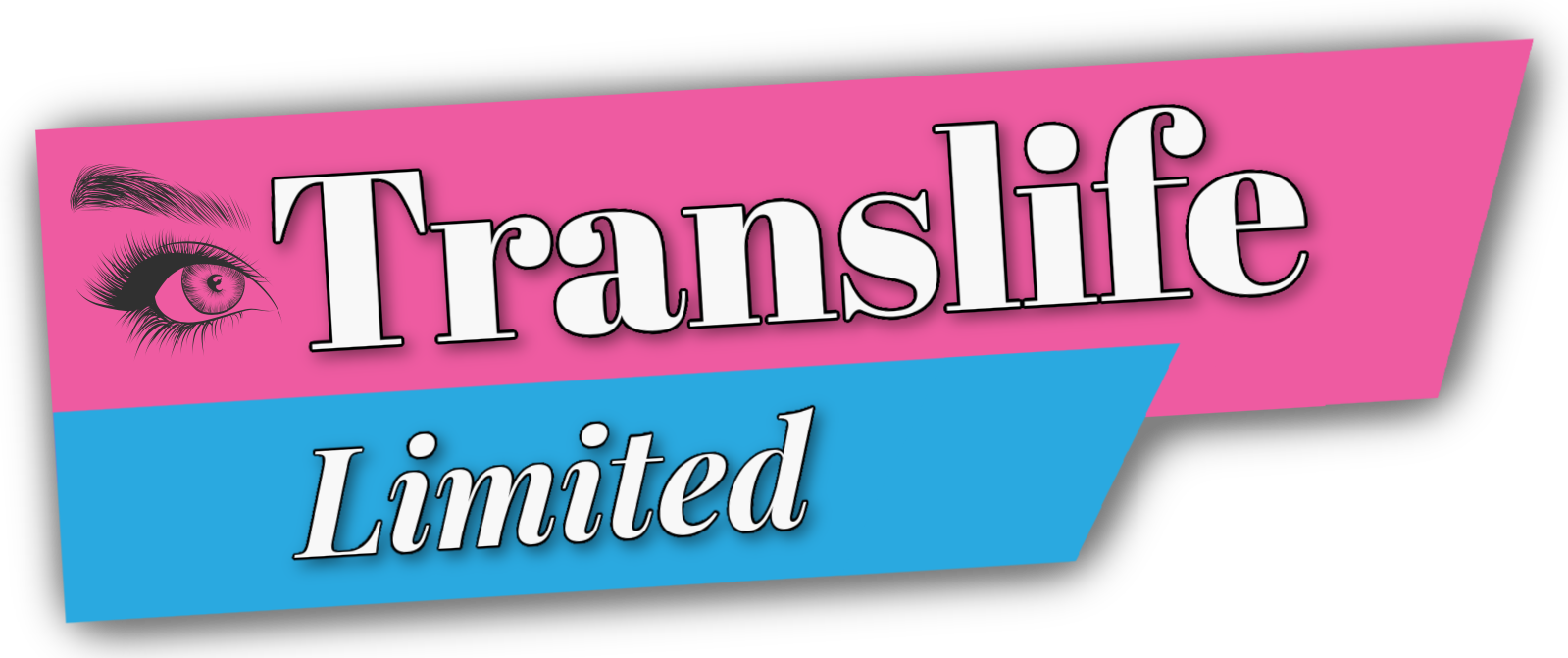
I was reminded of this a week or two ago when my partner and I were being interviewed for BBC Radio 4. We had been approached to talk about what it is like for a couple where one of the partners has transitioned (that’s myself) and the relationship has survived the process. My partner Tina and I have known one another since 1996 and she has known that there was this part of me that didn’t identify very comfortably with male culture for the entirety of the relationship, I transitioned back in 2011, and we married in 2016.
During the interview I was asked if my situation was common among trans people in relationships with cis-partners, and did many couples stay together following ‘coming out’ and or transitioning? Well my job as a Psychotherapist / Counselor provides me with plenty of examples of the hard realities and the difficulties we face once we disclose the burden we have been carrying around for long parts of our lives. And whilst it can be a massive relief to finally unburden ourselves, the relief can be short lived as we then must deal with the impact of partners, and family members’ reactions to our disclosure.
I have noticed during my client work (and I cannot generalize but these are my observations) that the younger generations find it a little easier to be accepted in this ‘coming out’ process. I think this is due to the higher profile of transgender people in the public eye in recent times and wider group support (including online). Plus the fact that young people are still forming the shape of their futures and so making their gender identity fit into that future can be a little bit easier for them. Whereas those who come out in there 30’s, 40’s, and 50’s can be seen to have been ‘living a lie’ as their lives are more established and may have followed the conventional pathways, you know a partner, 2.4 kids, Job, house etc. There’s been a lot of financial, physical, and emotional investment in creating and holding that life together. So, when the disclosure is made it is of little surprise that things can get shaky for all concerned.
I’m often asked by clients what is the best way to ‘come out’ and the short answer is that there is no one best way to do this. How can there be, because every one of us is doing our gender identity in a very personal way, our physical life circumstances are unique to us, and we need to factor in how other parties are likely to react to the disclosure. As much as we cannot find the perfect time to ‘come out’ we can consider the following points when deciding if this is the right step for us to be taking:
Ask yourself, is this essential for me to be disclosing this right now?
What is it I hope to achieve from disclosing this? More transparency in the relationship, wanting to transition, or something else?
Think about how the person you plan on telling is likely to react. How they react to things which might be considered outside the normality of life. It’s worth considering that just because they are accepting of trans generally in life, they might not find it as easy to deal with when it is someone they know, family member, or are married to!
Think about if you tell them and it doesn’t turn out positive, what might be the implications? Have a plan for dealing with things immediately, perhaps a friend you can go and stay with or someplace safe for you to retreat and stay. Keep yourself safe if you’re feeling vulnerable.
It’s possible once the disclosure is out there that it might get emotional, if so don’t be tempted by trying to labor the point of all the things you want to say to try and make it better. Sometimes “less is more” in what you say. Don’t overload the person you have just told.
Give them time. Calmly say that “You appreciate that this can be a lot for them to take in and get their heads around, so would it help to stop talking about this for the moment or not? Find out what they need so they feel included.
Time can be your ally. It’s unlikely that this is going to be resolved in one conversation. So be prepared to take your time and have several conversations until you both know where things stand. Be prepared for the long haul it could take days, weeks, months or even years to get the relationship into a positive place.
And finally, have reasonable expectations of how they will react once they have been told. Remember it might have taken along time for you to understand and ‘come out’ to yourself, so allow that this could be the case for them too.
‘Coming out’ is never easy, but with a bit of planning you can limit the damage that this conversation may have. And a final thought, remember that when an individual ‘comes out’ and or transitions everyone in that person’s life has a forced transition placed upon them in because their relationship is going to be different in some way to how it had been, so give them plenty of time to adapt. Trans people become quite adept at waiting.
Madison-Amy Webb
The trans Therapist is Madison-Amy Webb
Madison-Amy Webb is a woman with a trans history. She is a BACP Accredited Counsellor, Psychotherapist, MBACP, and on the Voluntary Register for therapists. She is a Clinical Supervisor, Mental health Trainer & Consultant. She splits her time between working in Private Practice & Consultancy, and training. She has considerable experience exploring her own Gender Identity and supporting others with their own issues. She is currently writing a book which debunks a lot of the myths that exist about how society understands gender identity.
Mob: 07891 400934 Email: madison@transitionscounselling.co.uk www.transitionscounselling.co.uk

